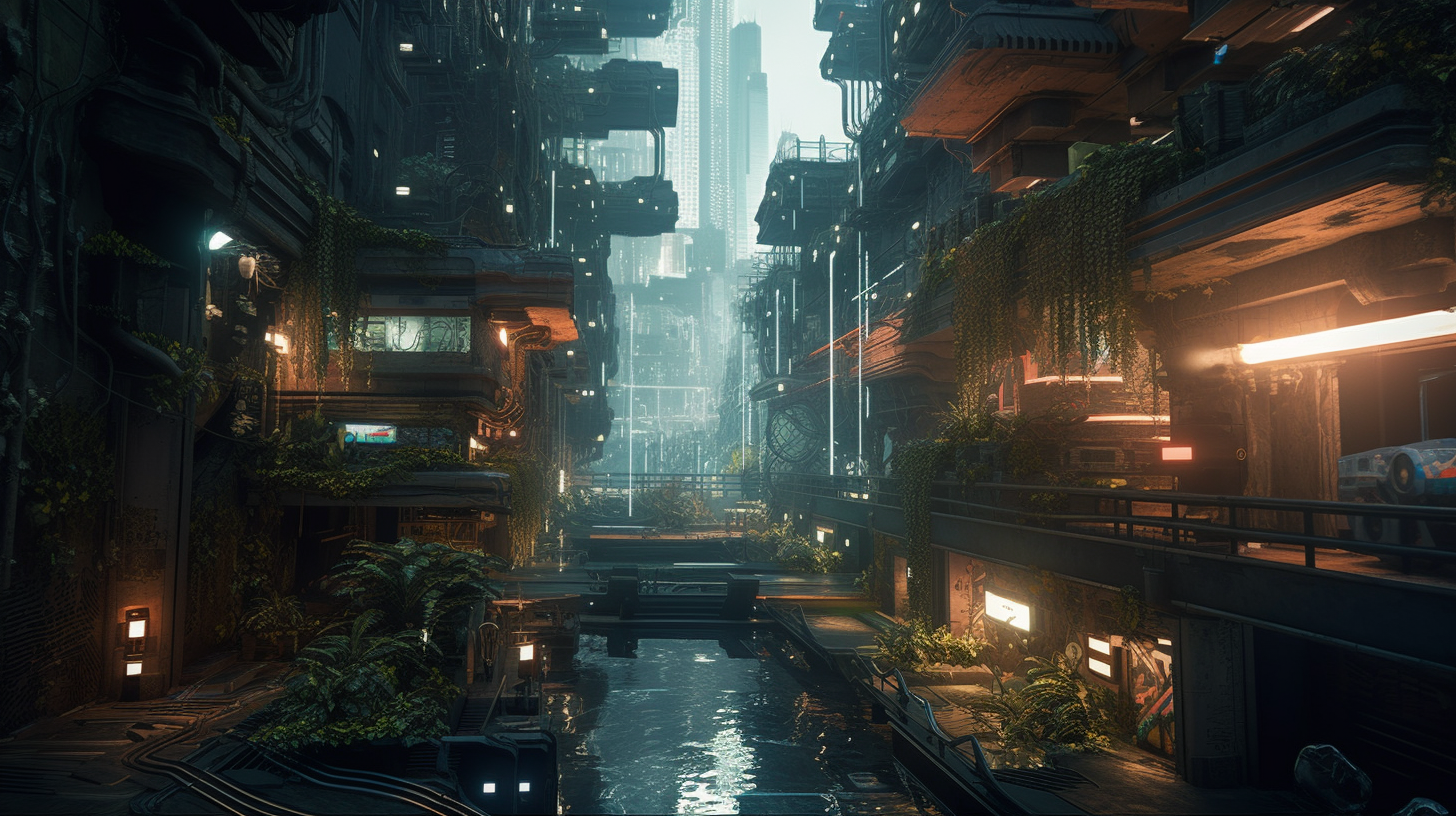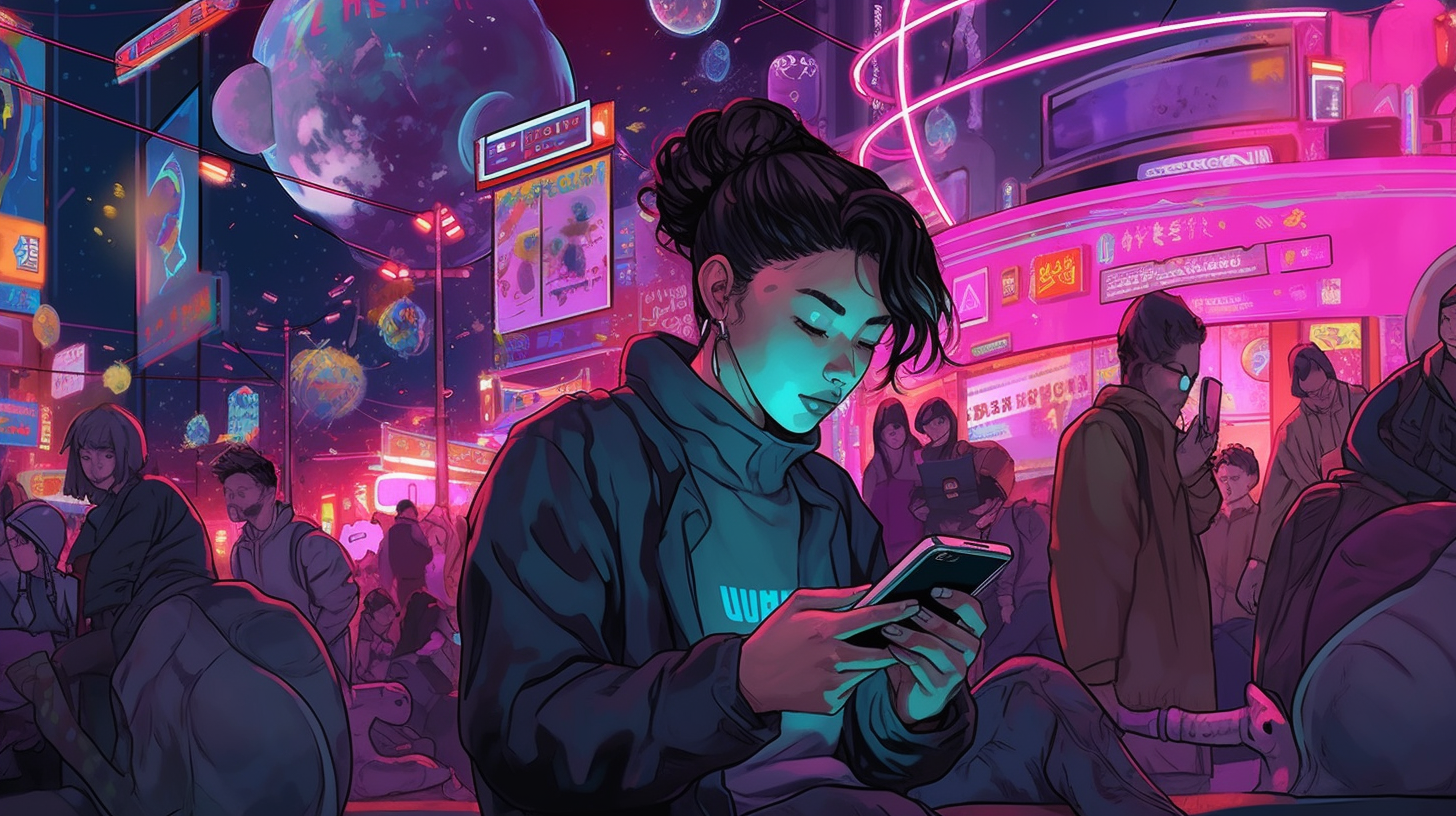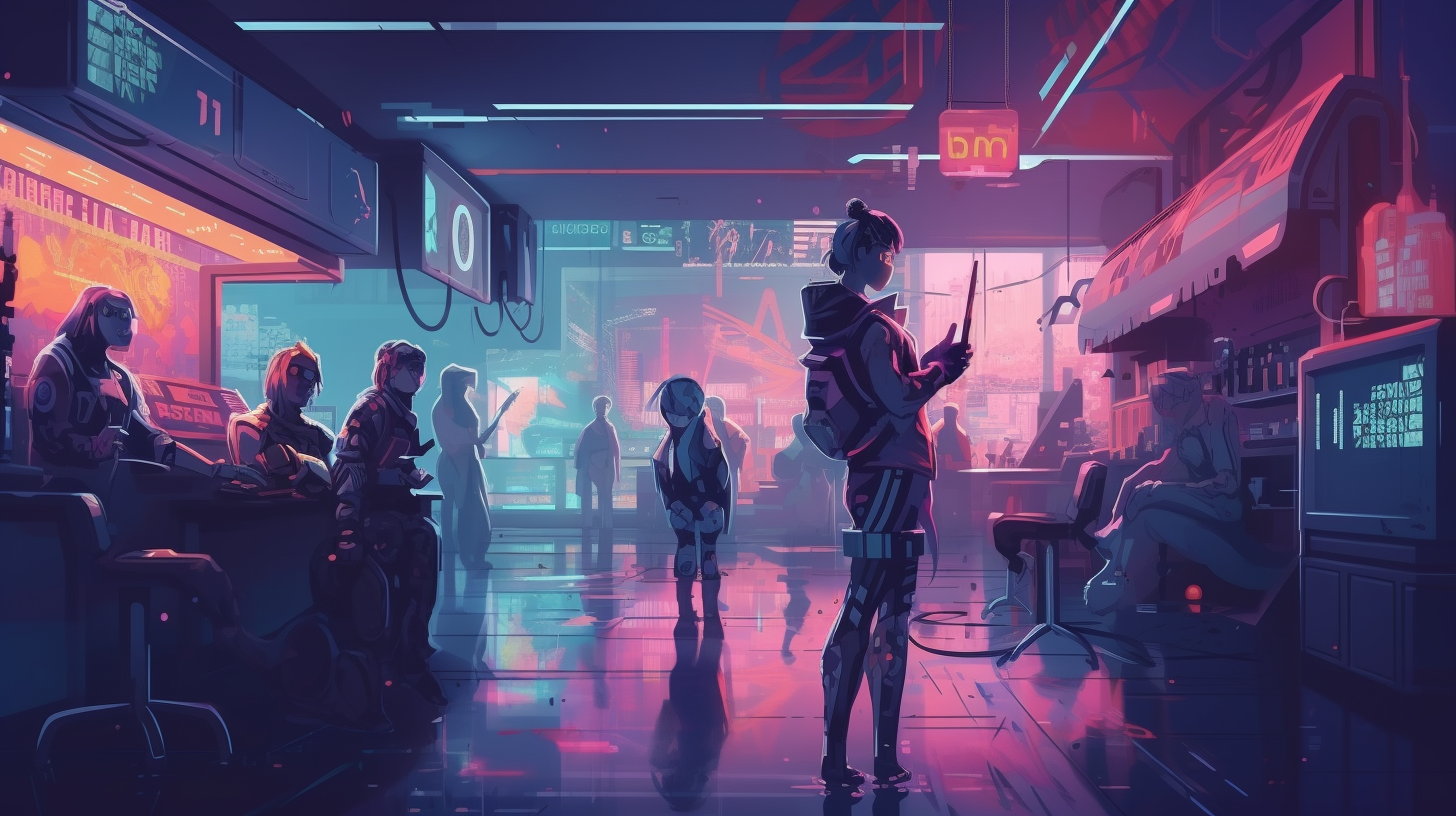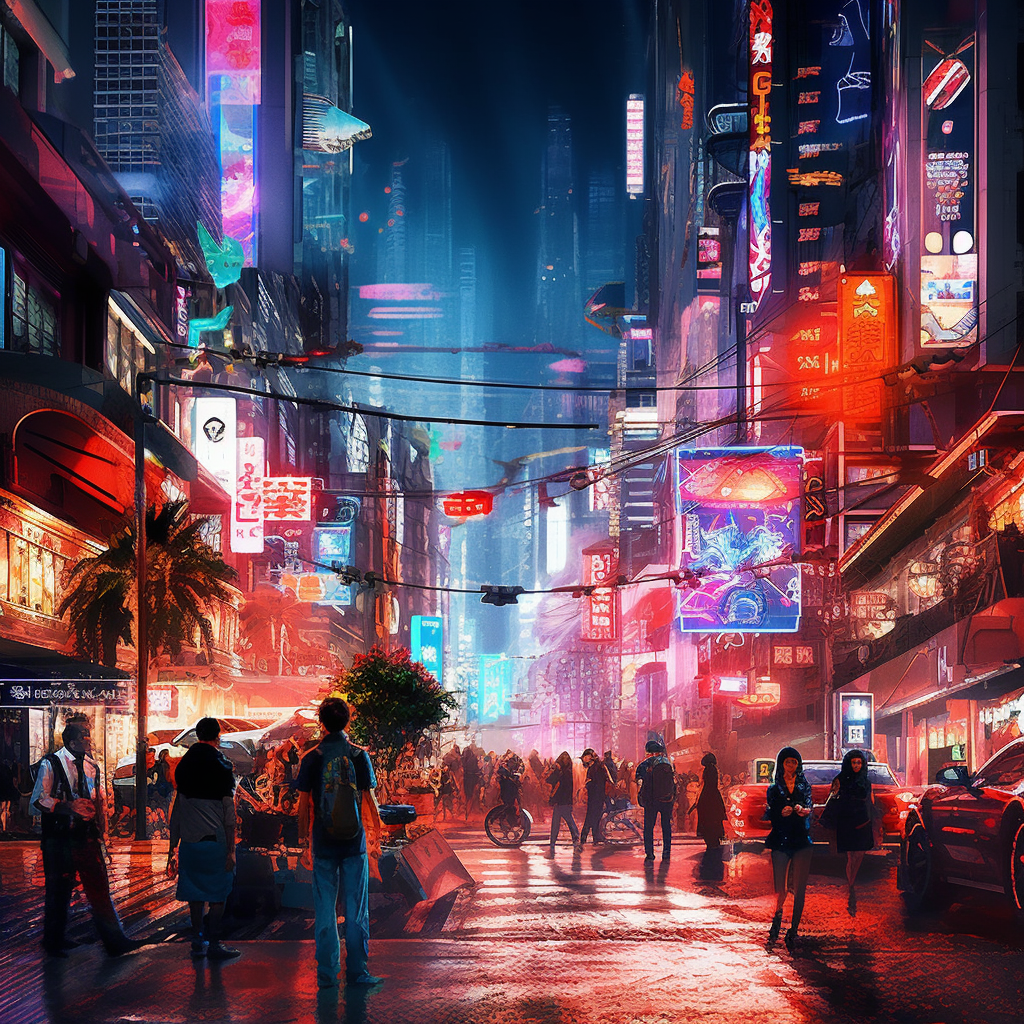Utopia for Technologists

In a world marked by rapid technological advancements, the vision of a people's utopia may seem like an elusive dream. However, by understanding the challenges we face today and harnessing the potential of artificial intelligence (AI), we can aspire to create an ideal way of living that benefits all individuals. In this blog post, we will explore the current state of affairs, the struggles faced by most people, the ideal way of living, the role of AI in achieving this vision, potential short-term and long-term dangers, and draw inspiration from sci-fi movies that have explored similar concepts.
The inspiration for this blog post stems from the thought-provoking book "Utopia for Realists" by Rutger Bregman. In his book, Bregman challenges conventional wisdom and explores bold ideas for creating a better society. His exploration of universal basic income, shorter workweeks, and open borders serves as a catalyst for envisioning a people's utopia in the context of advancing technology.

Bregman's thought-provoking insights encourage us to question the existing systems and reimagine what is possible in our world. By incorporating some of the ideas presented in his book, we can deepen our understanding of the struggles people face today and explore the potential of technology, particularly artificial intelligence, in realising a utopian vision.
Our current way of life is a paradox of convenience and complexity. Technological advancements have made our lives easier in many ways, but they have also brought forth numerous challenges. We are connected globally, yet we often feel disconnected from one another. Our lives are fast-paced, and we are constantly bombarded with information, leading to stress, anxiety, and a lack of genuine human connection.

Many people face common struggles in our modern world. These include social isolation, economic inequality, environmental degradation, mental health issues, and a general sense of disconnection from meaningful experiences. The pursuit of material wealth often takes precedence over personal well-being and genuine human connection, resulting in a lack of fulfilment.
An ideal way of living would prioritise holistic well-being, social harmony, and sustainability. It would emphasise the importance of mental and physical health, meaningful relationships, equal opportunities, and a balanced approach to work and leisure. Such a lifestyle would encourage creativity, personal growth, and a sense of purpose.
Artificial intelligence has the potential to revolutionise our lives in numerous ways. It can automate mundane tasks, freeing up time for more meaningful pursuits. AI can provide personalised recommendations for education, healthcare, and career development, ensuring equal access to opportunities. It can enhance our understanding of complex problems, facilitate sustainable practices, and improve decision-making processes.

As with any emerging technology, there are short-term dangers associated with AI. These include job displacement, privacy concerns, biases in algorithms, and the concentration of power in the hands of a few. We must navigate these challenges by implementing ethical frameworks, robust regulations, and inclusive policies that ensure AI benefits all individuals rather than exacerbating existing inequalities.
While the long-term consequences of AI are uncertain, it is crucial to anticipate potential risks. Some concerns involve the development of super-intelligent AI that may surpass human control, ethical dilemmas surrounding AI decision-making, and the potential for AI to perpetuate or amplify societal biases. Safeguarding against these dangers necessitates ongoing research, collaboration, and the integration of ethical principles into AI development.
The concept of a people's utopia and the interaction between technology and society has been a recurring theme in science fiction movies. Films such as "Blade Runner," "Her," and "The Matrix" have explored various aspects of utopian or dystopian societies shaped by advanced technology. These movies provide valuable insights and cautionary tales, urging us to reflect on the potential implications of technological progress and the importance of maintaining human agency in the face of AI's rise.

Creating a people's utopia in a world of technological advancements necessitates a holistic approach that addresses individual struggles, prioritises well-being and sustainability, and responsibly harnesses the potential of AI. It requires a collective effort, guided by principles of equality, justice, and empowerment, to shape a society that benefits all its members and ensures a prosperous and harmonious future.
